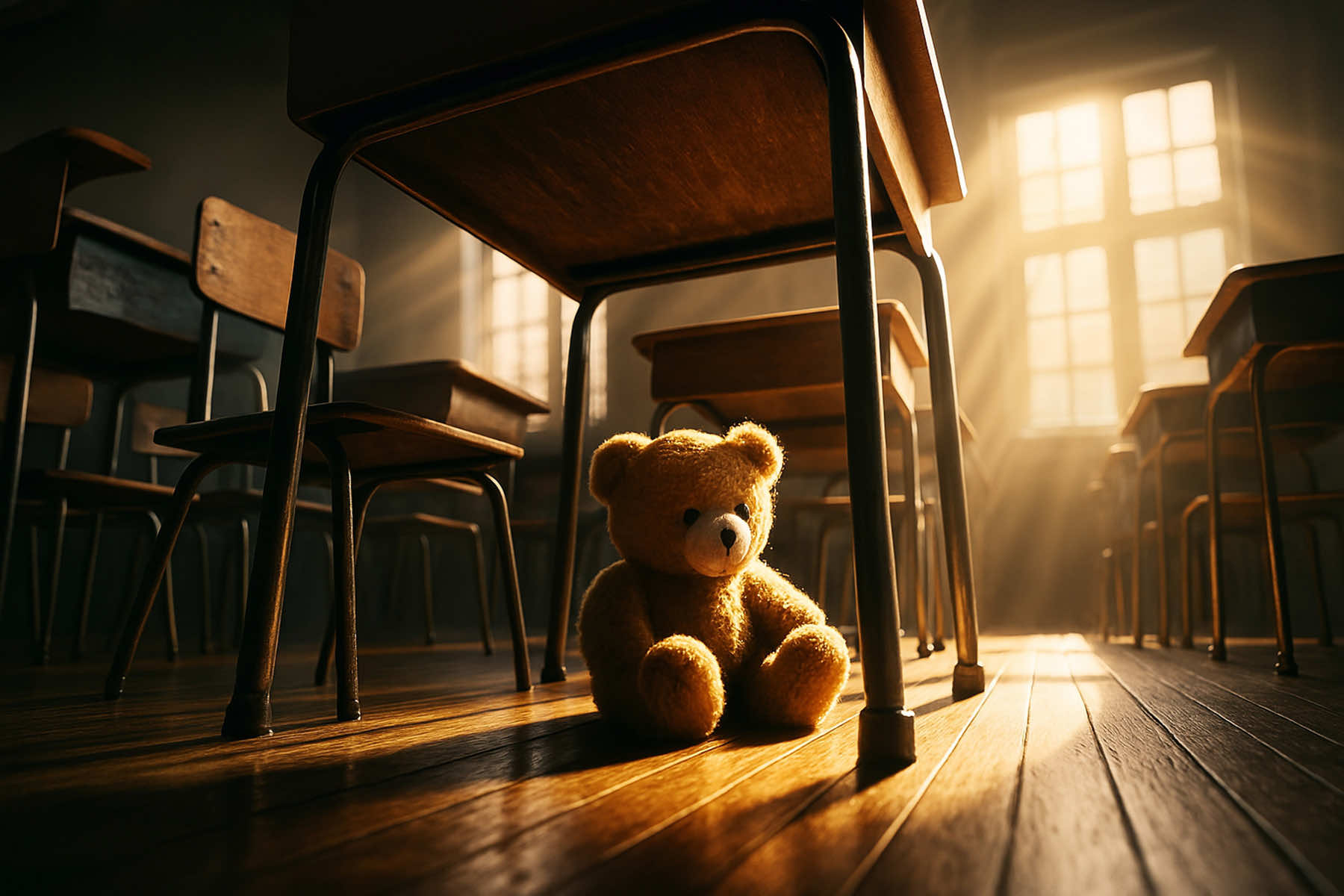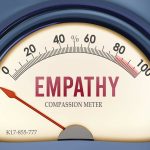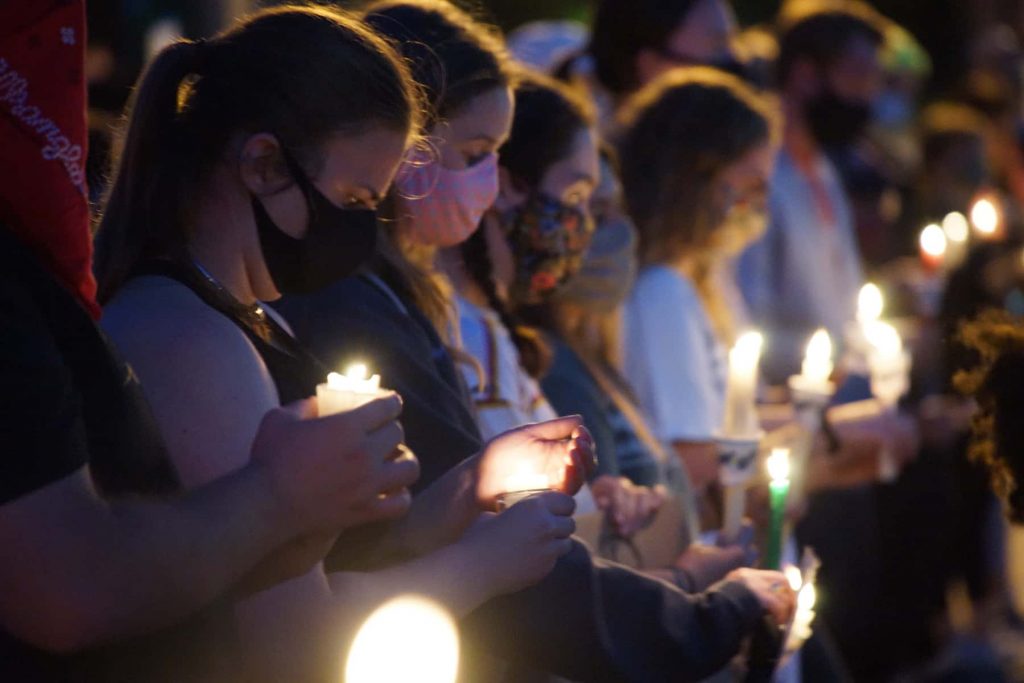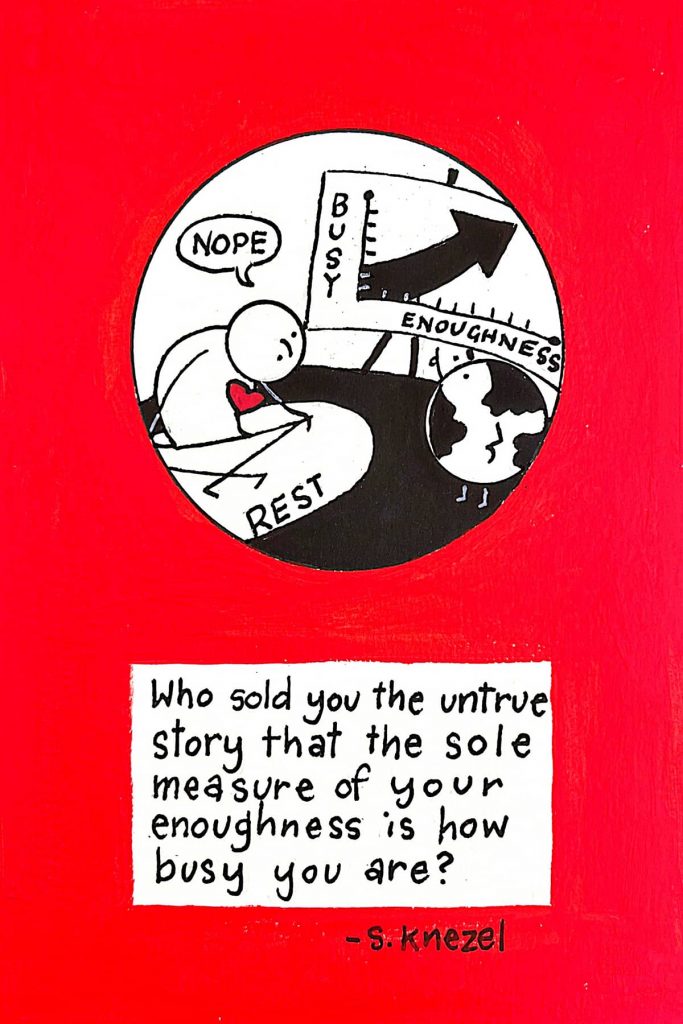
Americans like to see themselves as a nation defined by opportunity, innovation, and the promise of a better future. Yet it is hard to ignore the mounting evidence that, in practice, many Americans undermine the youngest members of society at every turn.
From the appalling detention of immigrant children at the border to the lack of support for public schools, from inadequate lunch program funding to the refusal to enact even the most modest gun safety measures, these realities suggest a troubling truth that is inconvenient to admit.
There is a sizable portion of American society that holds American children in contempt.
The notion sounds shocking, but a closer look at the facts reveals a consistent pattern that calls into question America’s commitment to caring for and protecting American youth. Regardless of what conservative parents profess, there is a complete disconnect between political policies and public behaviors.
The gap between professed intent and the traumatic result has left America’s children abandoned in a sea of hate.
Consider the widespread acceptance of detaining immigrant children at the U.S. border. Reports have documented that, during the first Trump administration minors were forced into cages and separated from their parents for extended periods.
Although these practices were condemned around the world, many parents across America shrugged them off. Viewing the children in question as “illegal” or unworthy of empathy, justified the treatment they suffered in their minds.
The emotional and psychological harm inflicted by separating children from their families has been documented by experts as a form of torture, yet such descriptions failed to move a large chunk of the Republican electorate.
That some parents could watch images of youngsters huddled under foil blankets and not be outraged suggests a collective desensitization to basic human decency. Official justifications have ranged from deterrence to bureaucratic necessity, but regardless of the rationale, these practices show how quickly children can become casualties of political expediency.
The dismal climate facing American children in the U.S. education system prompted similar apathy, and what public outcry there was did not generate enough political momentum to make lasting improvements.
America likes to champion its achievements in science, technology, and culture, yet the country lags behind in educational outcomes compared to other developed nations. In many states, the guiding principle of “No Child Left Behind” has been treated as little more than a slogan.
Budget cuts, teacher shortages, and widespread neglect have contributed to a system in which many children struggle to gain even the basic skills they need. Rather than doubling down on investments in public schools, politicians often tout voucher programs that siphon resources away from vulnerable communities, leaving the poorest children with limited options.
Critics contend that to deny some children the chance to fulfill their potential simply because they were born into the wrong ZIP code is detrimental to all children.
Funding for school lunch programs provides another window into the national disregard for the well-being of American children. Federal guidelines have long recognized that hunger impairs a child’s ability to learn and grow, yet efforts to expand free or reduced-cost meals are regularly met with resistance by right-wing Republicans.
Those conservative lawmakers claim it is too expensive, while others argue that parents should handle these costs on their own. In truth, many parents cannot shoulder the financial burden, and children wind up skipping meals or relying on cheap, unhealthy alternatives.
The reluctance to support something as fundamental as nutrition for students reflects a broader dynamic, which is a willingness to see children suffer to uphold a political dogma or a misguided notion of “personal responsibility.”
The hypocrisy on display during the COVID-19 pandemic further underscores these troubling attitudes. When schools shifted to remote instruction, a chorus of parents decried the move, claiming concern over academic setbacks and social isolation. However, for a significant segment that anger seemed driven by frustration that parents now had to supervise and care for their own children, without the aid of the usual school-day schedule.
Social media posts bristled with complaints from parents who wanted their children to “go back to normal,” even if doing so prematurely jeopardized the public health. Many lashed out at teachers, accusing them of laziness and cowardice for resisting in-person teaching in hazardous conditions.
Rather than working collectively to address solutions that balanced safety and education, a sizable portion of conservative parents across the country instead demanded that schools operate like a daycare service. The health crisis exposes a societal attitude by these families, that parenting was an unfair burden for them. Their children were used as political pawns to advance their own selfish agendas.
Nowhere is the American disregard for children more glaring than in its approach to gun safety. School shootings have become so common that educators and students conduct active shooter drills as a normal part of the school routine.
The details of these shootings are heart-wrenching, young lives cut short, families devastated, entire communities traumatized. Yet year after year, efforts to enact stricter background checks or limit access to the most lethal firearms stall in Congress or at the state level.
Some lawmakers argue that any regulation infringes on constitutional rights, while others claim that mental health is the real culprit – but do nothing to restrict people with mental health problems from access to firearms.
Whatever the contrived deflection, the result is the same. American children remain in danger, and mass shootings persist. When politicians refuse to pass even basic safety legislation, they are effectively sending a message that the abstract “right to bear arms” is more important than the tangible lives of schoolchildren.
Only a society that prioritizes its own selfish desires over the well-being of the next generation would allow such a preventable trauma to persist generation after generation.
Historically, Americans have been enthralled by consumerism. Buying more, flaunting success through material wealth, and defining status by how many products they own are central themes that shaped the culture for decades.
In the process, children often got left behind as adult pursuits took precedence. But the current landscape adds a new layer to that dynamic. The enormous influence of social media oligarchs like Elon Musk and Mark Zuckerberg. The two technology moguls have leveraged their platforms not just to drive revenue but also to shape political discourse, all while ignoring the documented research that their platforms are actively endangering the health of children.
By empowering certain voices and amplifying divisive content, Musk and Zuckerberg have contributed to a public square where disagreements turn toxic at lightning speed. Experts have noted that social media algorithms reward outrage and controversy, creating echo chambers where extreme views thrive.
This environment has proven advantageous for movements like Trumpism and the Make America Great Again narrative, which some argue are driven by a nostalgia for a time when the concerns of children took a distant back seat to nationalistic bravado. In turn, politicians who support these visions often gain traction by stoking cultural wars.
They position themselves as champions of “freedom,” while systematically undermining funding for schools and safety nets for vulnerable families. As these platforms rake in profits, they reinforce a climate of constant conflict and deflection, allowing citizens to tune out the slow erosion of children’s rights and well-being.
Comparisons to autocratic figures such as Russian dictator Vladimir Putin might sound exaggerated. However, the way these social media barons manipulate information channels to maintain a firm grasp on power and profit does parallel the tactics used by authoritarian regimes to control public opinion.
The difference here is that many Americans voluntarily submit to these channels, scrolling through timelines filled with political spin, half-truths, and outright lies. American children, of course, do not vote, nor do they control billions of dollars in market capitalization, so their interests often remain an afterthought.
Social media, particularly TikTok, has been linked to significant harm among children, especially young girls. The platform’s algorithm-driven content promotes unrealistic beauty standards, fostering body image issues, and low self-esteem. Many girls are exposed to filtered images, extreme diet trends, and influencer culture, which can contribute to eating disorders and anxiety.
Additionally, TikTok’s emphasis on likes and engagement can lead to social comparison, cyberbullying, and pressure to conform to online trends, sometimes at the expense of their well-being. The app’s addictive nature also disrupts sleep, school performance, and real-world social interactions, further impacting mental health. Without proper guidance and moderation, TikTok can create a toxic environment that exacerbates insecurities and emotional distress in young users.
The painful truth is that if Americans continue down this road, the children will continue to bear the brunt of this generation’s failures. America likes to claim that children are its future, but this rhetorical flourish rings hollow when set against realities that consistently jeopardize the health, education, and very lives of the young.
Children, of course, lack the power to reform America’s social structures. That burden falls on the older generations. The question is whether adults will rise to the task or continue to live in denial, all while reaping the benefits of a society that places their desires far above child welfare.
The next time Americans hear a politician grandstand about traditional family values, or watch parents demand schools reopen in unsafe conditions without offering support, or see lawmakers refuse to protect students from gun violence, they should be mindful of the message that is sending to the world.
When priorities and professed values to not match those political actions, it is difficult to convince any parent in the world that Americans care about their own children.
© Image
Dall-E















